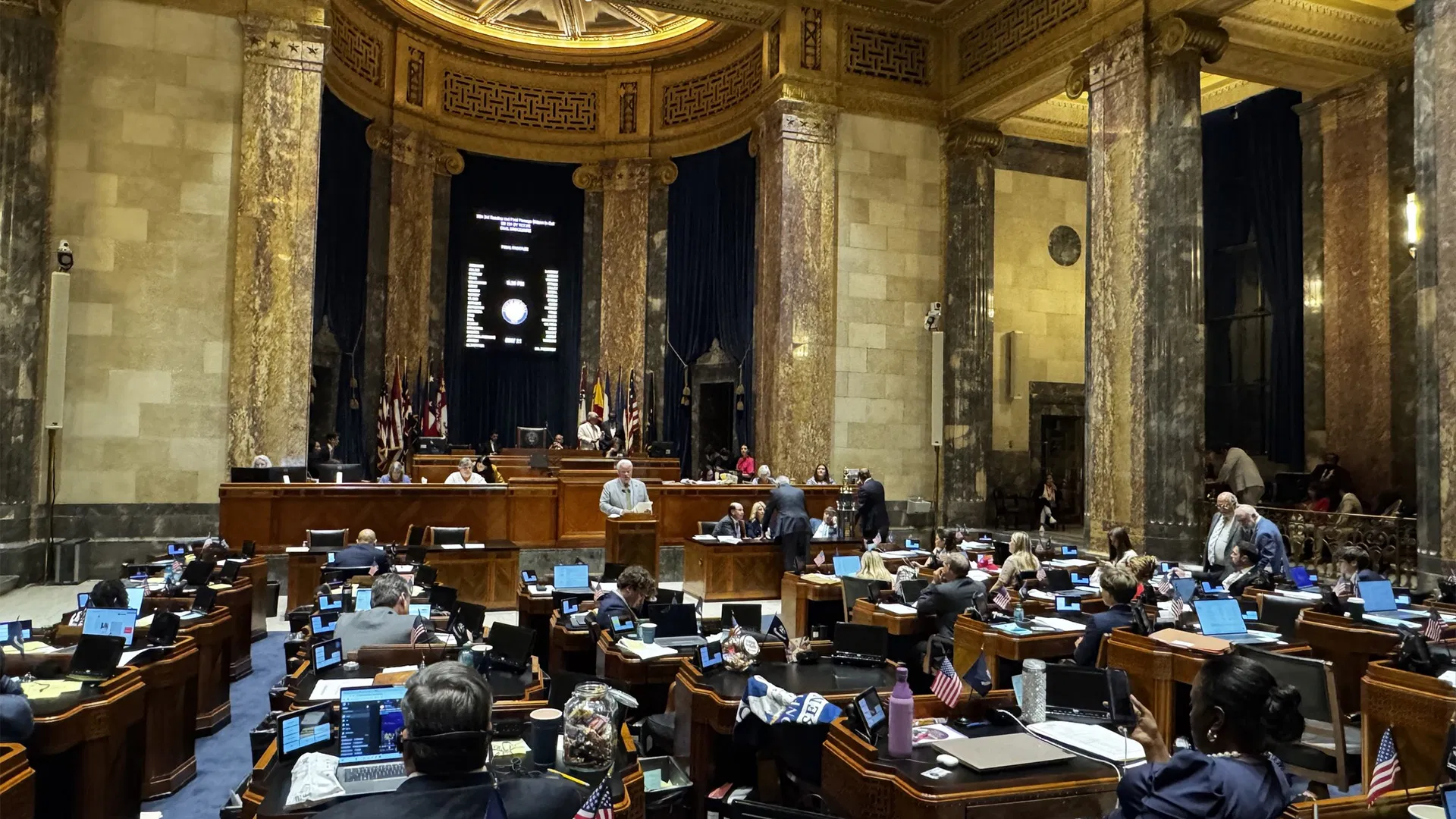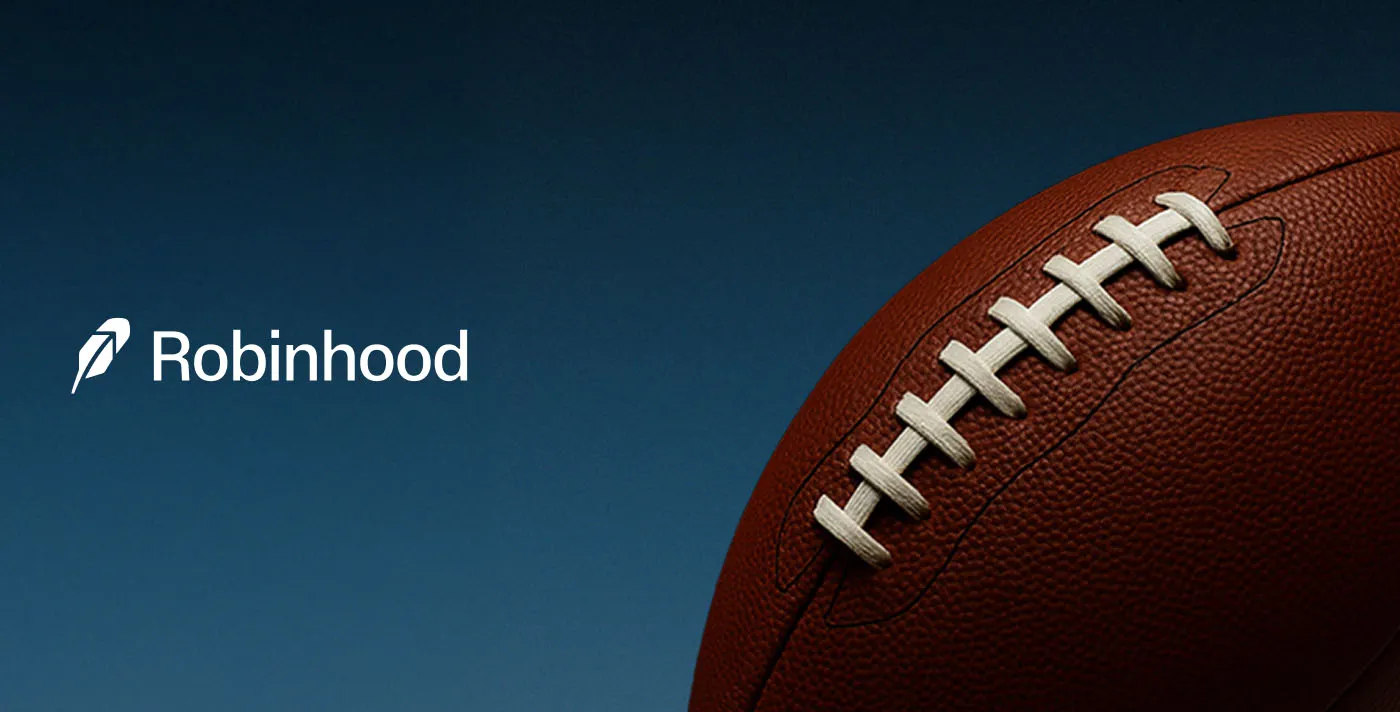Louisiana is ready to increase its tax rate on online sports betting, while Flutter Entertainment is making customers pay more in Illinois to cover new taxes — showing the growing tax pressure on U.S. sportsbooks as more states raise gaming taxes. On Sunday, the Louisiana Senate voted by 35 to 3 to pass House Bill 639, boosting the tax on online sports bets from 15% to 21.5%. This bill will now go to Governor Jeff Landry for his signature, aiming to match the online betting tax rate with taxes already charged on traditional casinos.
Senator Stewart Cathey, who led the bill, said, “It was worked out with the industry in agreement. There is no opposition.” Physical, or retail, sportsbooks are not affected and will still pay a 10% tax rate. Earlier, lawmakers suggested a much higher 32% tax for online bets but reduced this during discussions in the House before the final vote. The law requires 25% of the new online tax money to go into the SPORT Fund — Supporting Programs, Opportunities, Resources and Teams — which helps Division I universities in Louisiana. The fund pays for scholarships, insurance, health coverage, and upgrades to sports facilities.
Restrictions on Athlete Payments amid Rising Sports Betting Taxes in U.S. States
However, schools are not allowed to use these funds to pay college athletes directly. This comes as a federal judge last week approved direct payments to university athletes and continued the use of names, images, and likenesses (NIL) that started in 2021. Cathey was clear, “It is specifically in the legislation that it cannot be used to fund NIL or to make direct payments to athletes. Absolutely not, I’m fundamentally opposed to that.” This change would make Louisiana the third U.S. state this year, joining Maryland and Illinois, to raise online sports betting taxes. Other places such as New Jersey and Ohio are also considering changes to their gaming tax systems.
In Illinois, Flutter — the company behind FanDuel — says it will add a $.50 fee for every bet placed on its Illinois platform, starting September 1. They say this charge is needed because Illinois added a $.25 tax on the first 20 million bets placed each year, rising to $.50 for all bets after that. The state also introduced a progressive tax scale for gambling revenue: companies pay up to 40% tax if they earn more than $200 million in adjusted gross revenue. Flutter’s CEO Peter Jackson criticized these policies, saying they unfairly target the biggest sportsbooks and could drive customers to the black market.
Sportsbooks Push Back Against Illinois Betting Fees, Warn of Unintended Consequences
Jackson explained, “We are disappointed that the Illinois transaction fee will disproportionately impact lower wagering recreational customers while also punishing those operators who have invested the most to grow the online regulated market in the state.” He went on, “We also believe the introduction of the fee will likely motivate some Illinois-based customers to bet with unregulated operators. These operators do not contribute tax revenue to the state, will not collect the newly announced transaction fee and do not offer the same levels of customer protection.”
Flutter says it will remove the transaction fee if Illinois changes its policy. DraftKings, another big name in online sports betting, is now weighing its own reaction to the new tax situation. “In response to the recent and prior mobile sports wagering tax increases in Illinois, DraftKings anticipates taking action and expects to share more information soon,” the company shared with Bloomberg. Last year, DraftKings backed away from a plan to add a fee in states with high betting taxes after FanDuel did not go along with the idea.

 Companies
Companies 





